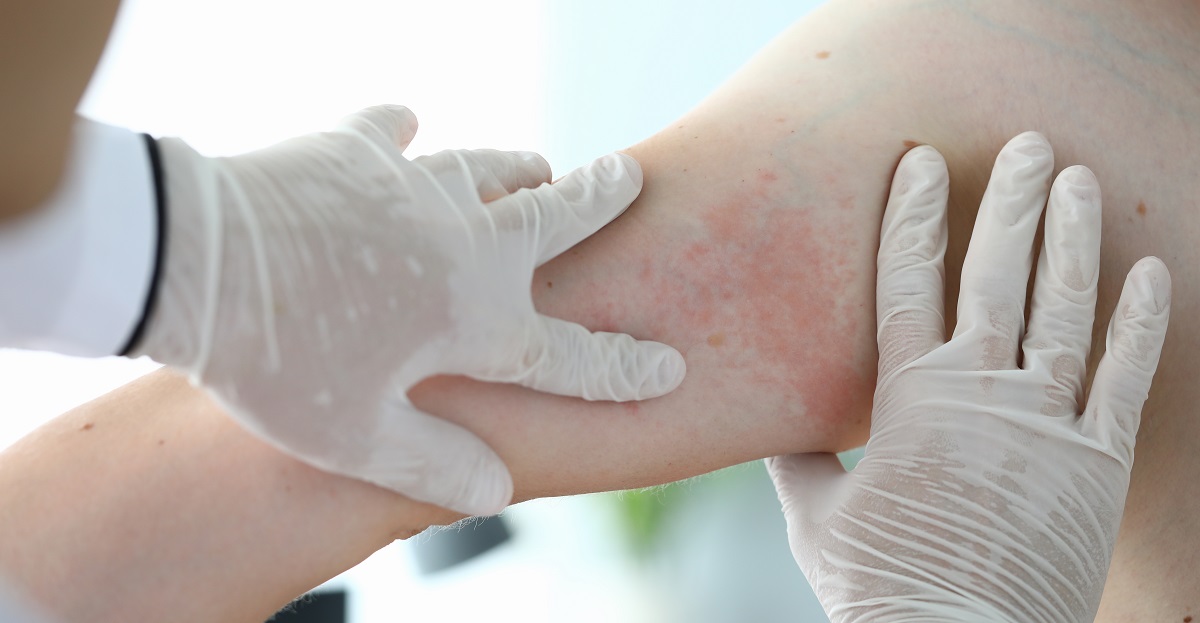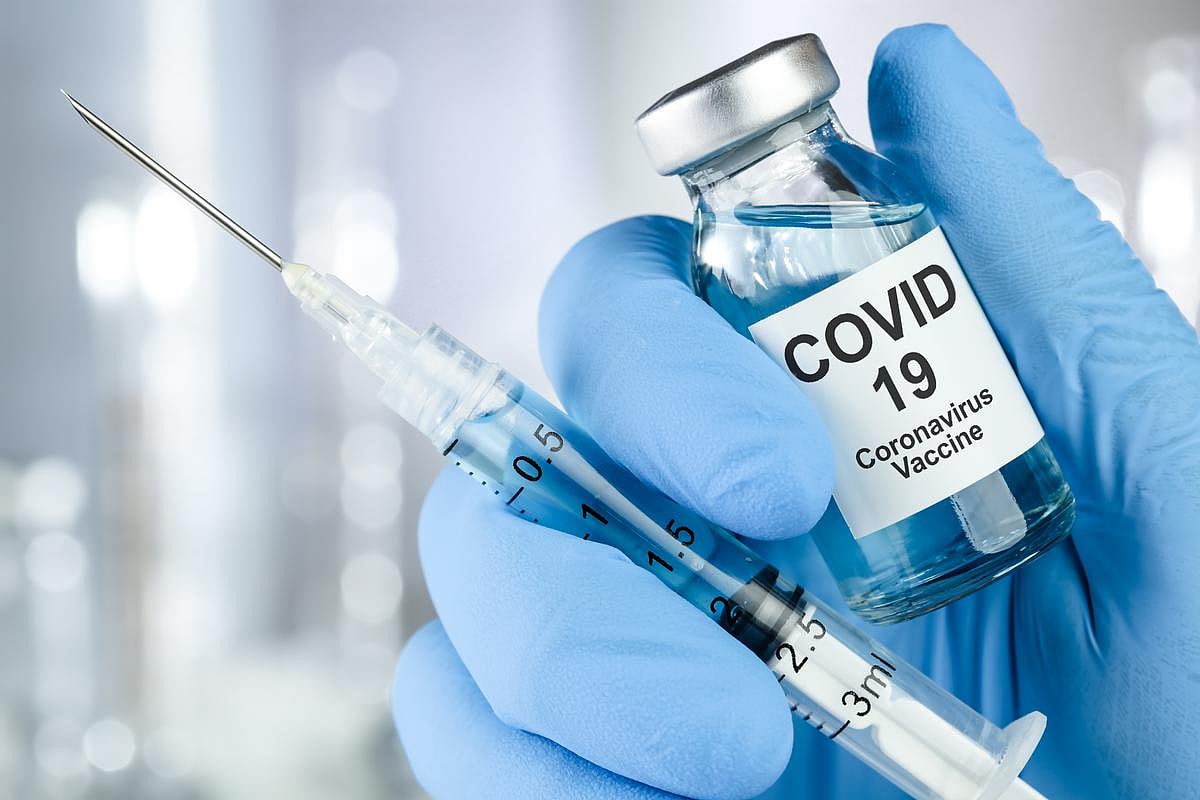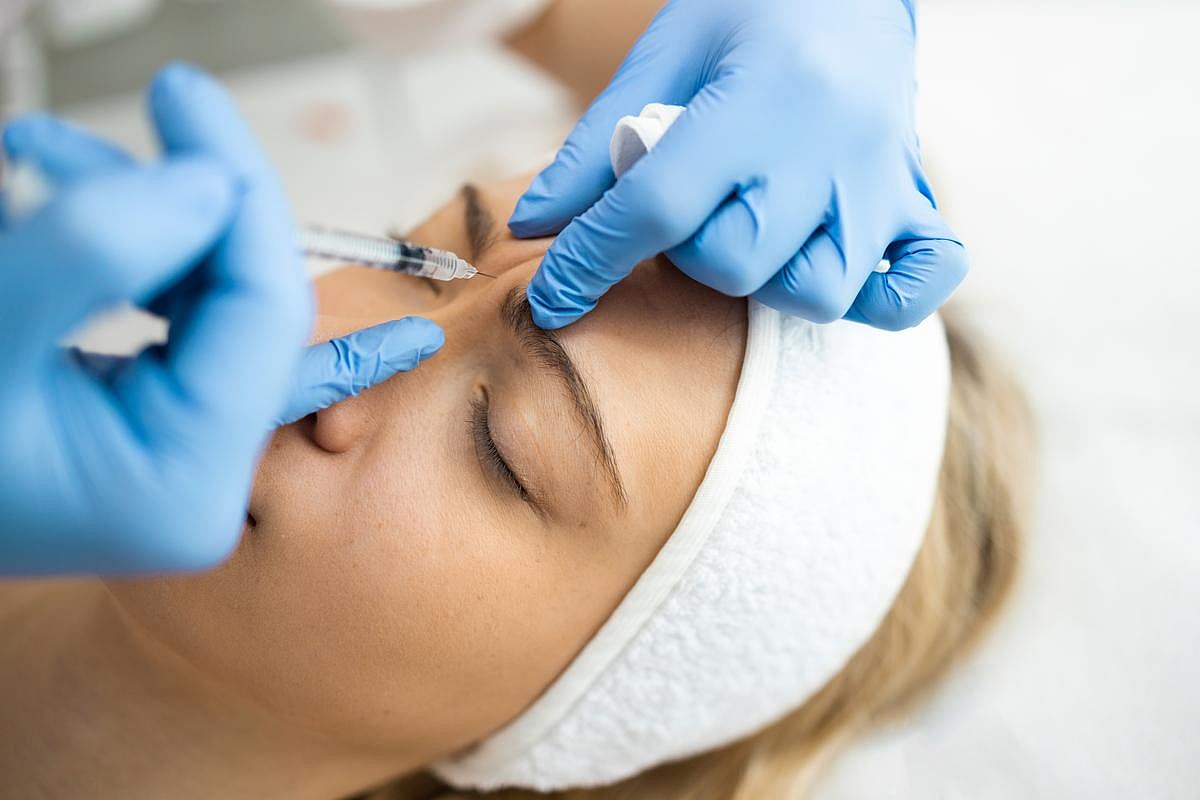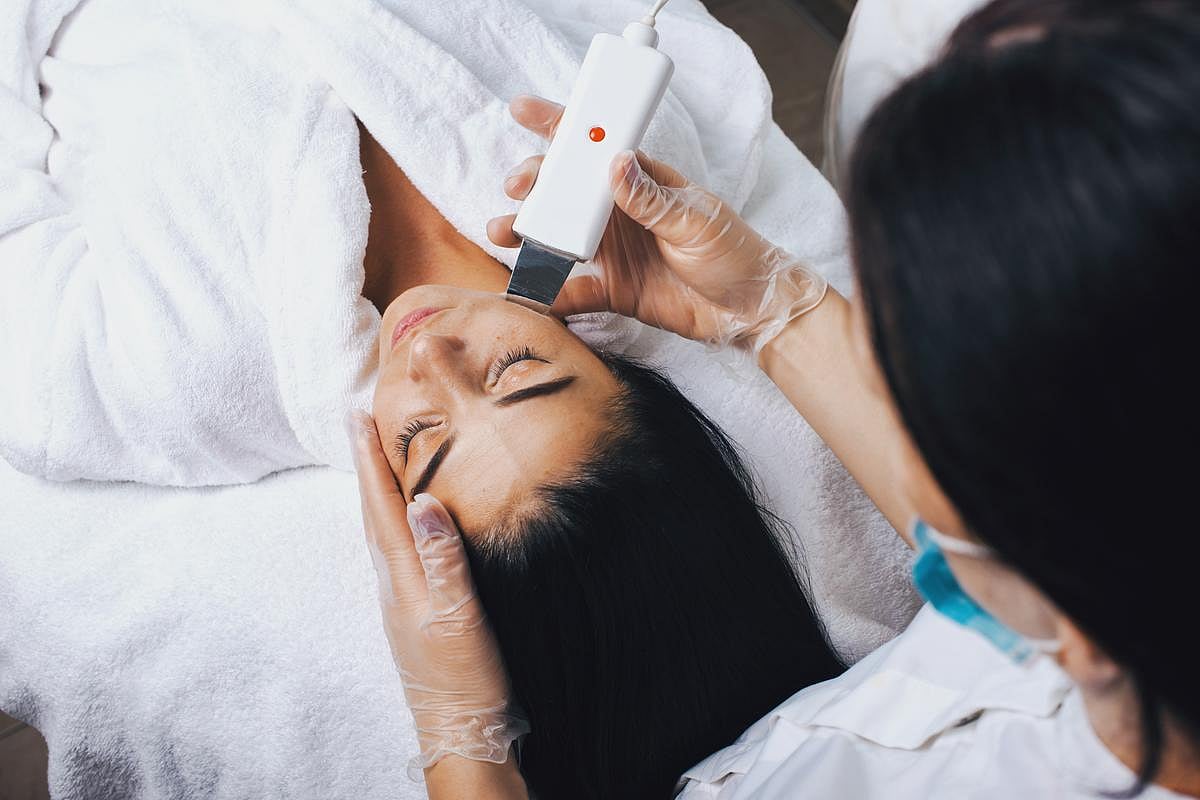Unique nanobody cleared skin in 57% of patients with psoriasis, investigational data said
In a recent Phase 2 clinical study, the novel, Tri-specific Nanobody® Sonelokimab—an investigational IL-17A and IL-17F inhibitor that has an extended half-life and albumin binding affinity—demonstrated “significant clinical benefits over placebo,” with rapid onset of treatment effect, durable improvements, and an acceptable safety profile in the treatment of moderate-to-severe chronic psoriasis.
The study, conducted by MoonLake Immunotherapeutics AG and recently published in The Lancet, reported that 57% of study participants achieved clear skin (PASI 100) at week 24 and sustained responses over 52 weeks.
Rephrased in language that patients will appreciate: Early trial results of a novel and generally safe approach to treat moderate-to-severe chronic plaque-type psoriasis reported that nearly 6 out of 10 study participants achieved totally clear skin after 24 weeks and maintained totally clear skin through week 52.
Defining the Star
Sonelokimab is a novel, tri-specific nanobody that is showing promise to deliver best-in-class efficacy in treating AFIDs, with AFIDs referring to a relatively new concept that classifies inflammatory diseases driven by an over-expression of the cytokines IL-17A and IL-17F. Specific to AFIDs, sonelokimab is being studied for the ability to target and neutralize IL-17A and IL-17F.
While Moonlake’s Tri-specific Nanobody Sonelokimab clinical trials thus far have only included patients with moderate-to-severe chronic plaque-type psoriasis, steps are already in motion to expand and accelerate this program to include additional inflammatory diseases driven by IL-17A and F, such as hidradenitis suppurativa—an underdiagnosed and undertreated disease with limited effective treatment options available.
Between its balanced approach, albumin binding site, and small size, Moonlake asserts that its Nanobody may facilitate deep skin and joint penetration and an extended half-life.
- Deep tissue penetration would allow for better efficacy in difficult-to-reach tissues like joints, nails, scalp, and deep skin.
- The extended half-life would promote once-a-month subcutaneous dosing.
Investigator Kristian Reich, MD, PhD, Chief Scientific Officer and co-founder of MoonLake Immunotherapeutics, commented, “Sonelokimab is a remarkable Nanobody with game-changing potential in the treatment of a range of IL-17A/F-driven inflammatory diseases. This study shows very high response levels in the model disease psoriasis, with a favorable benefit-safety profile.
“MoonLake’s aim is to also accelerate Sonelokimab’s development in other inflammatory diseases driven by IL-17A and IL-17F like psoriatic arthritis, ankylosing spondylitis, and hidradenitis suppurativa. Our aim is to elevate treatment goals in these diseases based on the unique characteristics of Sonelokimab, giving patients with common and burdensome skin and joint conditions a chance of better disease control.”
Fact Checking
The randomized, double-blind, placebo controlled, multi-center, Phase 2b study was designed to assess Sonelokimab efficacy, safety, and tolerability in participants with moderate-to-severe chronic plaque-type psoriasis. The trial enrolled 313 patients (age 18 to 75) with chronic plaque psoriasis for at least six months, an Investigator Global Assessment (IGA) score ≥3, an involved body surface area ≥10%, and a Psoriasis and Severity Index (PASI) ≥12 at screening and at baseline.
Patients were randomized to one of four dose regimens of sonelokimab (30 mg group (n=52), 60 mg group (n=52), 120 mg normal load group (n=53), 120 mg augmented load group (n=51)), a reference arm (secukinumab 300 mg group (n=53), or a placebo comparator arm placebo group (n=52).
At week 12, none of the 52 participants in the placebo group had an IGA score of 0 or 1 versus 25 of 52 participants in the sonelokimab 30 mg group, 44 of 52 participants in the sonelokimab 60 mg group, 41 of 53 participants in the sonelokimab 120 mg normal load group, 45 of 51 participants in the sonelokimab 120 mg augmented load group, and 41 of 53 participants in the secukinumab 300 mg group.
Over 52 weeks, sonelokimab safety was similar to secukinumab.
The study results reported that those receiving sonelokimab dosages up to 120 mg showed rapid and significant clinical benefit compared with placebo. In the highest dosage group, almost 6 out of 10 patients (57%) achieved total skin clearance (PASI 100 response) after 24 weeks. Rapid response was demonstrated with one of three patients already achieving almost clear skin (PASI 90 response) by week 4.
Analysis of an individualized dosing scheme including off-drug periods in controlled patients revealed durable responses over one year.
Sonelokimab was generally well tolerated, with a safety profile similar to the active control, secukinumab, and an overall candida rate of 7.4%.
Study researchers noted that while the highest dosage and schedule could be used for future clinical studies, additional assessment and modelling may aid in the final recommendation for optimal dosage and schedule.
“Data on this Tri-specific Nanobody demonstrates potential in major inflammatory diseases driven by IL-17A and IL-17F,” said Mark Weinberg, MD, MBA, co-author of the study and Chief Medical Officer of Avillion LLP. “These diseases have a profound effect on patients’ lives not just physically but emotionally and socially. We’ve seen a continued evolution of biologic therapies in the last 25 years and I am looking forward to seeing further development of this novel nanobody biologic by MoonLake.”
Papp, Kim & Weinberg, Mark & Morris, Alun & Reich, Kristian. (2021). IL17A/F nanobody sonelokimab in patients with plaque psoriasis: a multicentre, randomised, placebo-controlled, phase 2b study. Lancet (London, England). 397. 1564-1575. 10.1016/S0140-6736(21)00440-2. Available from https://www.thelancet.com/journals/lancet/article/PIIS0140-6736(21)00440-2/fulltext. Accessed July 15, 2021







Leave a Reply